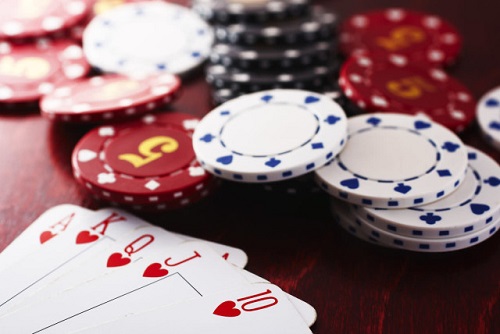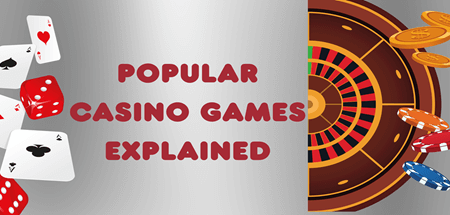Yes, playing poker can be good for the brain. Poker is a popular card game, and mastering it takes a lot of skill, strategic thinking, dedication, and practice. A single game can put a lot of strain on your head, as it typically necessitates strong focus and concentration for long periods. It’s also a numbers and statistics game, so players often discover that they improve their mental arithmetic skills, which might come in handy in everyday life. With that playing, poker can be beneficial for the brain in a number of ways. Below we take you through the benefits in which playing poker helps sharpen the brain.

Top 5 Ways That Poker Is Good For The Brain
1. It helps you think more logically.
Many people rely on their emotions or intuition to make life-altering decisions. The majority of the time, these judgments do not turn out well. While many individuals believe that “follow your heart” is sound advice, this isn’t always the case with poker players. Playing poker pushes you to the brink of making reasonable decisions.
For example, you’re aware that you’re one move away from losing a hand, and you’re confident that your opponents have devised tactics to outwit you. As a result, you have no choice but to make the best rational decision in the situation. You will then assess your options to see if the benefits outweigh the disadvantages. A poker player does not raise merely because they want to. You will base your raise on the facts available to you.
2. The Brain develops patience and discipline
Most people lack the skill to wait till the proper moment presents itself. We’ve all been in that moment where we wish we’d waited a little longer before making a decision or saying something. Patience is a characteristic that all players must possess if they are to be successful. Successful poker players will rather fold because they are confident that a better opportunity with better odds of winning would present. This is preferable than squandering your funds in average or worthless hands.
It’s difficult to stay disciplined in any element of life. Poker improves discipline because players are constantly confronted with situations that put their resolve to the test. Even when things are going against you, you will learn to keep your cool. When you’re on a losing streak, it takes discipline to play with your head.
3. It helps with concentration
Many people underestimate the importance of focus, but it can be the difference between success and failure in many situations. To prevent making costly mistakes in online poker, you must work hard to maintain a high level of concentration. Poker is a mental game in which you must constantly study your opponents, their plays, and the best way to play your hand. It’s critical to maintain peak concentration levels to avoid making costly blunders that could cost you the game. This part of poker is good for the brain’s frontal lobe which is mainly in charge of thinking, planning, memory, and judgment.
4. The Brain gains an ability to read people
You must understand people on a deeper level in order to relate to them. Examine their behaviours, gestures, and facial expressions to learn information they wouldn’t normally reveal. Poker is a fantastic game for learning how to read people. To figure out what their opponent is thinking, they must be able to read both physical and emotional cues. The more poker you play, the better at reading people you’ll become. The ability to read people will always come in handy in a world where everyone is trying to keep a secret.
5. Great for money management and mental math
Many poker players, it could be claimed, dislike the game’s mathematics. The fact that individuals can become successful in poker by depending solely on their intuition reaffirms their argument. However, the data show that the top poker players are those who can do their math correctly.
To rule out certain options and make better decisions, players frequently count cards on the table and in their opponents’ hands. A little arithmetic can help you decide if you should make that play or not, whether you’re calculating pot odds or bluffing success. Any chance to practice mental math is usually beneficial.
When it comes to math, managing your bankroll is an example of a wise decision. It requires making a budget, sticking to it, and keeping precise records of your profit and loss. You’ll never be able to save any money if you keep spending everything you make. Poker teaches players how to manage their money. Players know how much they can afford to gamble and lose before entering a game.
Final Thought
Apart from winning money while playing poker, you can increase the functionality of your brain. The brainpower that goes into playing poker may not seem like much, but it can be beneficial. The cognitive areas that poker can help with include short- and long-term memory, calculation, and critical thinking. The best part is that you don’t have to play for real money to exercise your brain. You can play poker for free or real money to help your brain.









